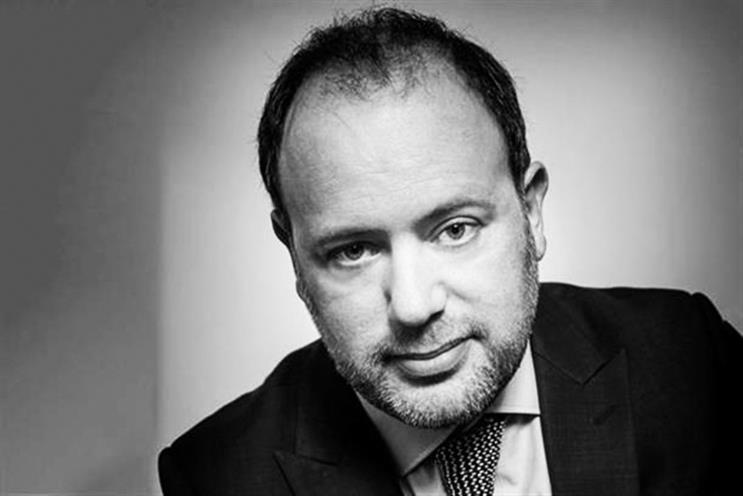I know why companies fail to innovate," Robert Iger, chief executive of Disney, told his board two years ago as he drew up plans for streaming service Disney+. "It’s tradition. Tradition generates so much friction, every step of the way."
So Iger asked the board to let him give share awards to senior executives across Disney to incentivise them to support the streaming strategy. "It was a radical idea," Iger admits in his new autobiography, The Ride of a Lifetime.
He wanted "executives who have been trained for years to grow their own businesses and are compensated based on their profitability" to collaborate with "other very competitive people" elsewhere in the company that might have different priorities. What’s more, since Disney+ would not make money for a while, they would be bonused "not on revenue" but "how well they were able to work together".
Disney+ launches in the US on 12 November and in the UK next year, so we will soon find out if Iger’s team can create a genuine challenger to Netflix given Disney’s mixed record on technology.
But Iger’s beliefs that "if you don’t innovate, you die", that talent matters above all else and that radical change requires new incentives are lessons for any business in need of transformation. Siloed ad agency groups spring to mind.
However, it is the TV industry that should pay most attention to Iger because the status quo in ad-funded broadcasting cannot last.
TV ad revenues enjoyed a bounceback after the 2008-09 recession – proof of video’s continued ability to tell emotional stories and generate fame at scale while print was shrinking. Yet it is undeniable that consumers’ expectations about interruptive advertising are changing as they watch less scheduled, live TV and embrace on-demand viewing and ad-free Netflix and Amazon Prime Video.
"The fact that TV advertising has not yet gone through the same scale of disruption" as print "is only a timing issue", Mark Thompson, chief executive of The New York Times, who previously ran the BBC and Channel 4, warned in a recent Royal Television Society lecture. Linear TV is "undergoing the same ominous early-stage audience loss that hit the West’s newspapers years ago – particularly the differential flight of the young", he said.
Addressable advertising has been the great hope for TV for at least five years. Personalisation and targeting should increase yields and reduce ad load. But addressable TV, even Sky’s innovative AdSmart, has been slow to take off. A lack of joined-up behaviour by broadcasters, platforms and TV set manufacturers has created a Tower of Babel, instead of common standards.
Still, internet delivery is transforming TV, which is why media giants such as AT&T and Comcast are now investing in addressable advertising and looking to copy Google and Facebook’s self-serve ad sales model.
As broadcasting and streaming converge and more players enter the market (Apple TV+ debuts on 1 November and BritBox launches soon), there will continue to be a role for advertising in the funding mix alongside subscription, carriage and commerce fees and subsidy. TV’s enduring role at the heart of culture and the vast amounts of money that the streaming giants are spending on production and talent mean advertisers will stay close. And work by ITV and Channel 4 featured prominently in the nominations for this month’s Media Week Awards.
What is debatable is whether ad revenues will remain as important and whether ad-funded broadcasters are moving fast enough to adapt. Thompson was pessimistic, particularly when he looked at the UK where the incumbents lack scale and regulators have not helped. ITV, Channel 4 and others that "depend disproportionately on advertising" will probably require "root-and-brand transformation" and may have "less time than they think", he said.
His impatience was striking. "You can’t invent the future if you’re spending 80% of your time on legacy operations," Thompson said, drawing on his transformation of The New York Times and urging media leaders to "hive off" their traditional business and get "everyone else" to "concentrate on the harder task" of change and re-skilling.
The pressure is on as Reed Hastings, chief executive of Netflix, sees room to grow in the UK where his service has 5% of TV viewing hours compared to 10% in the US.
Britain’s TV industry is not moving fast enough. And if you don’t innovate…



